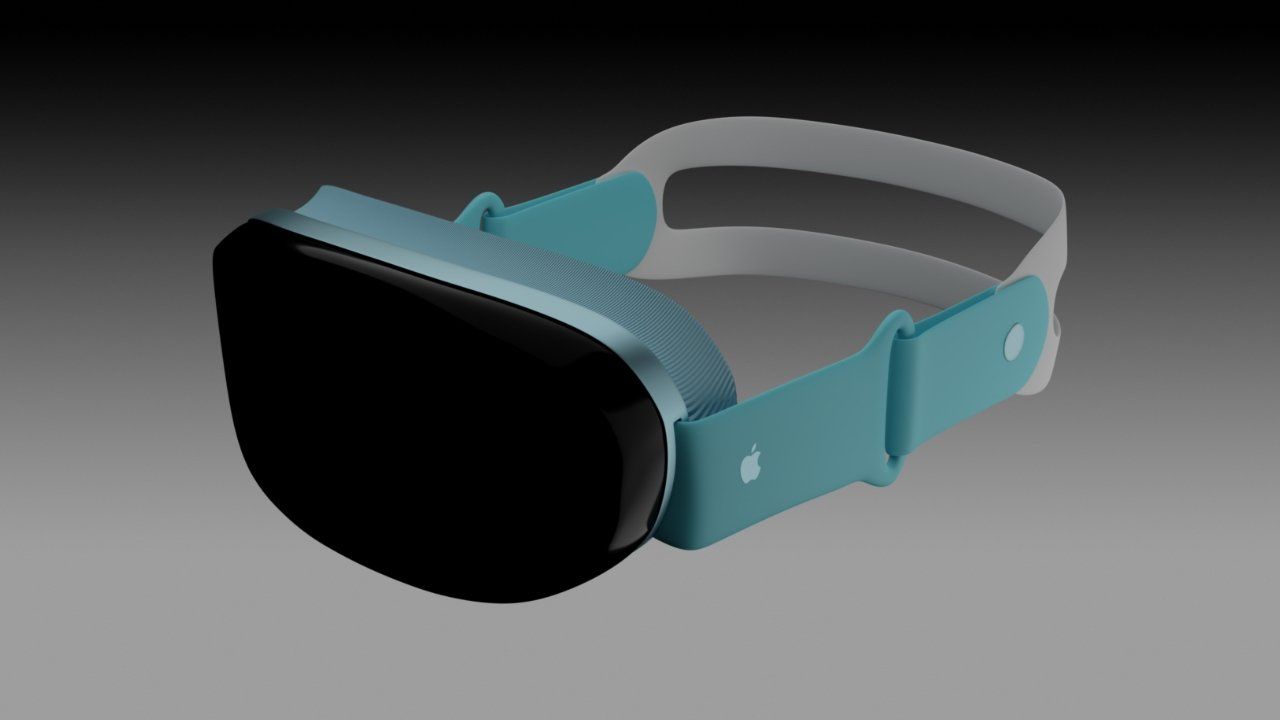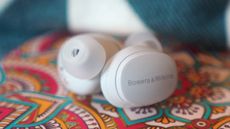TechVRInsiders: the Apple AR/VR headset is smarter and lighter than the Meta Quest ProTipsters say that Apple’s AR/VR headset is significantly smarter than its rivalsWhen you purchase through links on our site, we may earn an affiliate commission.Here’s how it works.
TechVRInsiders: the Apple AR/VR headset is smarter and lighter than the Meta Quest ProTipsters say that Apple’s AR/VR headset is significantly smarter than its rivalsWhen you purchase through links on our site, we may earn an affiliate commission.Here’s how it works.
Tipsters say that Apple’s AR/VR headset is significantly smarter than its rivals
When you purchase through links on our site, we may earn an affiliate commission.Here’s how it works.
(Image credit: AppleInsider)

(Image credit: AppleInsider)
A whole bunch of tastyApple AR/VR headsetrumours have just dropped, and they might make you think twice if you were considering theMeta Quest Pro. WhileApple’s headset is expected to be even more expensive than the Meta, industry insiders say it’s smarter in several key areas.
The leaks come viaThe Information, whose sources claim that the headset will include important and unusual features including iris scanning and full body tracking. That could make it thebest VR headsetin terms of immersion, and could be useful for things like switching between accounts without messing around with logins.
Why Apple’s apparently thinking different about tracking
Let’s start with the body tracking first. Previous rumours have suggested that the Apple AR/VR headset will have a whopping 14 cameras inside it, four more than the Meta device, to track the wearer’s movements. The latest reports claim that some of those cameras will be used to track the wearer’s legs, which is something rivals such as the Meta don’t do: as we discovered this week, Meta’s VR tech doesn’t currently do legs; Mark Zuckerberg’s virtual limbs during the Meta keynote were motion captured animations.
Apple’s headset will also reportedly use iris scanning to identify the wearer. That won’t just deliver pretty much instant recognition when you put the helmet on; it’ll also deliver biometric identification that can be used for tasks such as authorising app installations or making Apple Pay payments. It would also enable the headset to have multi-user support without too much faff.
Less excitingly but more practically, the insiders told The Information that the Apple headset is notably lighter than the Meta. That’ll be important for comfort during longer sessions.
These reports seem plausible, especially if you take previous rumours and leaks into account: for example, we’ve previously heard that Apple was planning to use eye tracking modules capable of iris scanning.
As ever, Apple won’t comment on leaks or rumours but we’d expect to hear much more about the AR/VR headset in the coming months: the first model is still expected to ship in 2023, although it’s likely to be focused more on app developers than consumers.
Sign up to the T3 newsletter for smarter living straight to your inbox
Get all the latest news, reviews, deals and buying guides on gorgeous tech, home and active products from the T3 experts

Vollebak pushes the limits of outerwear with Double Graphene Puffer and Shielding SuitThe company continues to weave innovation into every thread
The company continues to weave innovation into every thread

Bowers & Wilkins Pi6 review: sensational sound, ordinary ANCBowers & Wilkins' step-down true wireless earbuds sound amazing and are well-priced – so what’s the catch, if anything?
Bowers & Wilkins' step-down true wireless earbuds sound amazing and are well-priced – so what’s the catch, if anything?